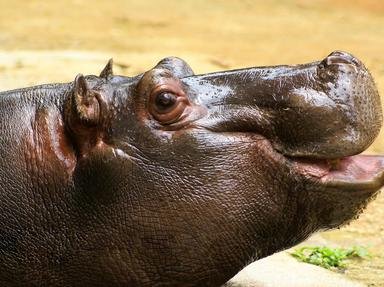Quiz Answer Key and Fun Facts
1. Which fox lives further north than any of its relatives and can survive temperatures below zero degrees Fahrenheit?
2. This animal is well adapted to very cold climates. Almost all of its body is covered with hollow hair which keeps it well insulated in the cold. Both sexes of this animal have antlers. Which of these animals fits that description?
3. Just look at that waddle! This aquatic flightless bird is perfectly at home in the cold waters of the Southern Hemisphere. Who are these birds, the largest of their order, that are endemic to Antarctica?
4. This animal has hollow, transparent hairs on its body. Its air-filled fur keeps it warm and buoyant. It is the only animal that lives on Arctic pack ice. Which animal is it?
5. I am an owl that breeds on the Arctic tundra and I thrive in the cold. There are times when I stay in the northern breeding grounds for the entire year. If not I might migrate to more southern places in Canada, America, Europe or Asia. Who am I?
6. Meet one of the heaviest land mammals. He lives in the Arctic region and is very at home when lying on the cold ice with several of his companions. Which of these animals can you easily recognize by his prominent tusks, whiskers and bulk?
7. Our next animal who is very at home in the cold can be found as far north as Alaska. He is known as the American jackal or the prairie wolf. He makes high pitched calls which are often heard at dusk or in the night. Who is he?
8. These fin-footed mammals are at home in the cold Arctic. Which of these have fur thick enough to keep them dry while swimming and a layer of blubber under their skin to provide warmth in the cold water?
9. Which subspecies of the grey wolf is perfectly at home in the cold and can survive for weeks without eating?
10. Well!!! Our final animal...a rabbit at home in the cold. Which rabbit is actually a species of hare found in North America named for the large size of its hind feet and the marks its tail leaves?
Source: Author
Verne47
This quiz was reviewed by FunTrivia editor
Tizzabelle before going online.
Any errors found in FunTrivia content are routinely corrected through our feedback system.

